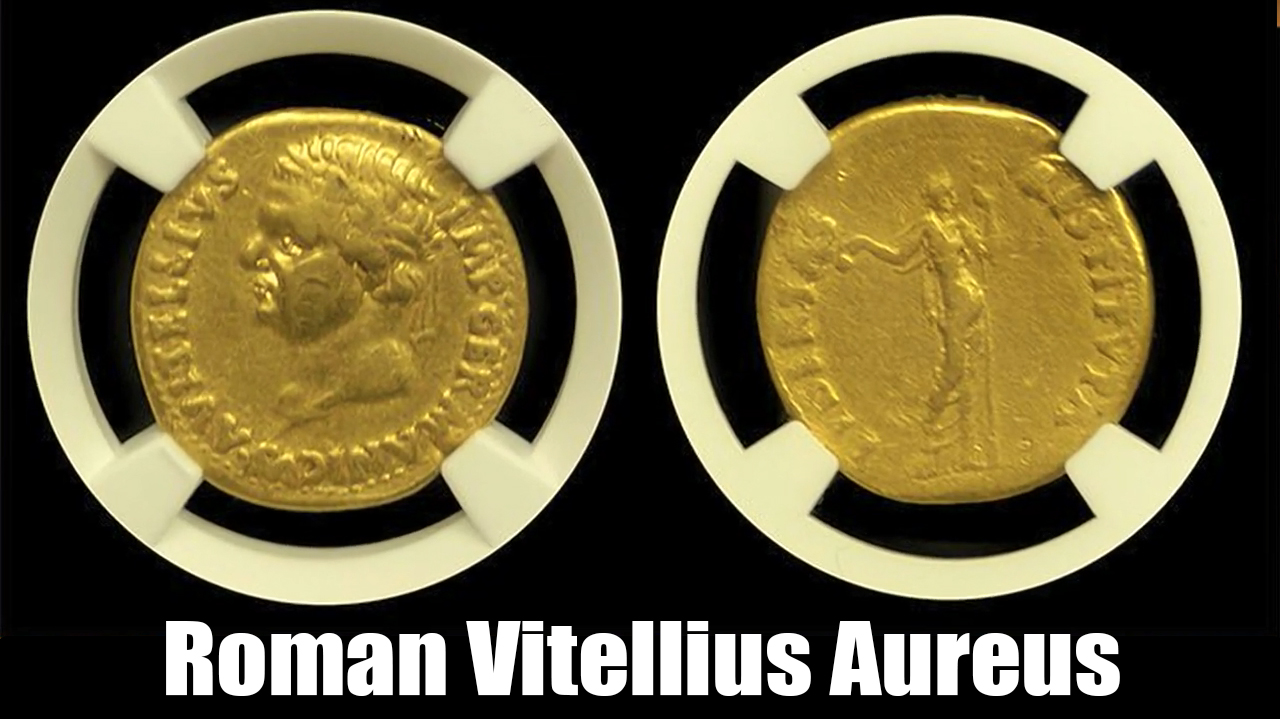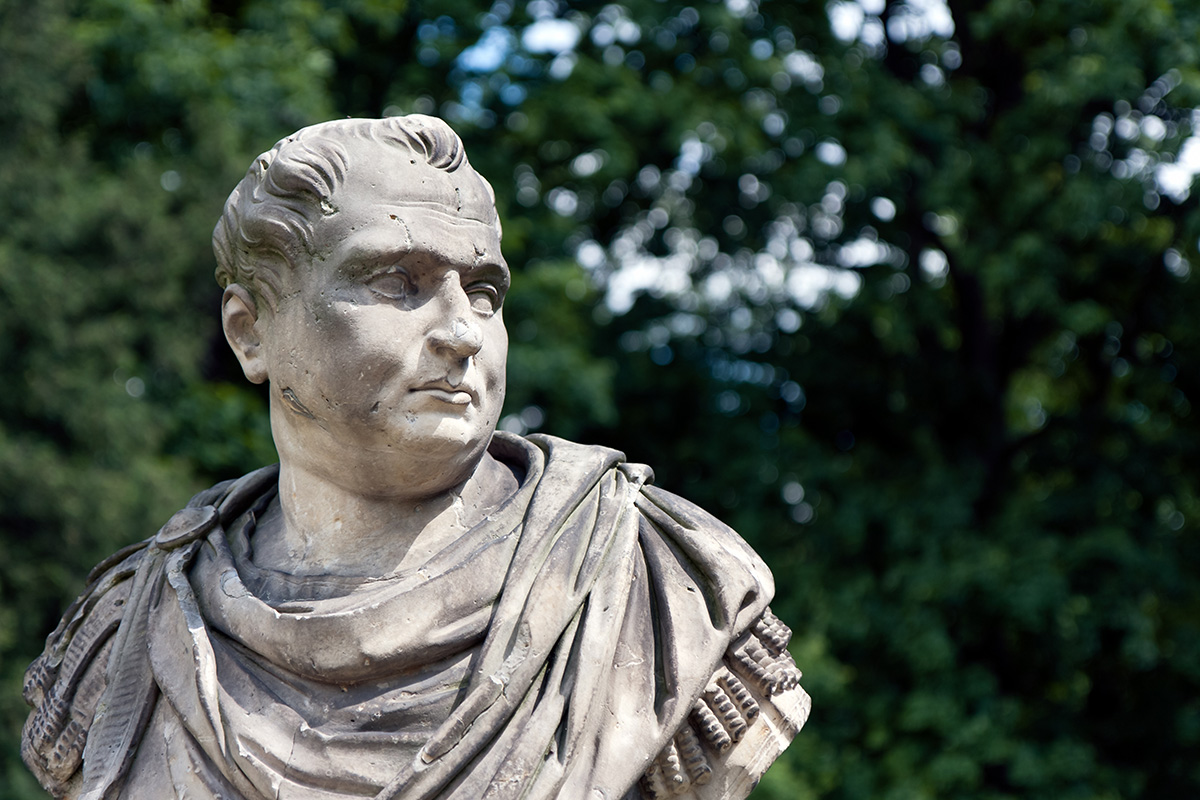
Emperor Vitellius' lavish lifestyle was known throughout the Roman Empire. He was the Roman Emperor for only 8 short months from 69 AD to his death in 79 AD. In fact, he is known as the shortest-reigning emperor of the Roman Empire.
Emperor Aulus Vitellius was born in AD 15 and came from a wealthy family in northern Italy. After the civil war known as the Year of the Four Emperors, he was crowned emperor. Moreover, his reign was marked by conflict and unrest. Emperor Vitellius was eventually defeated by the forces of Vespasian, who became the next emperor. Vitellius' rule is often considered a low point in the history of the Roman Empire and is known for its excess and lack of stability.
Gambling and gluttony, two vices associated with Vitellius, would be crucial to his future. Emperor Galba made the unpopular choice to designate him as governor of Lower Germany in 68 CE despite his lack of military experience. He believed Vitellius wouldn't pose a threat to his authority because of his vices. An author and historian from ancient Rome named Suetonius stated that Vitellius "intended to load his belly with the products of the province."
Roman Citizens dislike Emperor Vitellius
 Roman citizens came to dislike Emperor Vitellius for several reasons. Firstly, he was seen as an outsider and a political upstart. In addition, he gained the throne through manipulation and intrigue, rather than merit. This made him unpopular with many citizens. Many believed that a person of greater social status should be in charge of the empire.
Roman citizens came to dislike Emperor Vitellius for several reasons. Firstly, he was seen as an outsider and a political upstart. In addition, he gained the throne through manipulation and intrigue, rather than merit. This made him unpopular with many citizens. Many believed that a person of greater social status should be in charge of the empire.
Secondly, Vitellius was known for his extravagant and indulgent lifestyle. In other terms, he represented moral decline and depravity. He was known for engaging in excessive drinking and eating. Above all, his behavior was viewed as an affront to traditional Roman values.
Finally, Vitellius was widely perceived as being weak and indecisive as a leader. The numerous groups and power battles that formed during his rule escaped his grasp. His rule was also marked by conflict and unrest. This instability made him unpopular with citizens who were looking for a strong and effective leader to maintain order.
Overall, Vitellius' rule was characterized by his lack of political and moral authority. In conclusion, it contributed to his unpopularity among Roman citizens.
Emperor Vitellius Coinage
Emperor Vitellius minted coins during his lifetime. They were likely minted to commemorate his reign and to spread his image and propaganda throughout the empire. Emperor Vitellius minted coins as a way of propagating his image and authority throughout the Roman Empire. It was also a way to secure his hold on power. Minting coins was a Roman Empire tradition. It was a way to help reinforce the ruler's legitimacy and spread their image far and wide.
Today, the Vitellius aureus coins are valuable historical artifacts that provide a glimpse into Roman history. Similarly, it documents the reigns of the Roman Empire's emperors. Even the most controversial ones.
Vitellius Aureus Gold Coins
Aureus coins were ancient Roman gold currency. The Vitellius Aureus Coins depicted the emperor's portrait on the obverse side of the coin. However, instead of using the most common head portrait facing right, Vitellius' head is facing left. It is unclear why the portrait of Vitellius was minted facing left. Some historians believe it was likely a decision made by the mint workers. Others believe it was done by the emperor's advisors for artistic or symbolic reasons. Regardless of the reason, the direction of the portrait has become an important part of its historical significance. This characteristic feature makes it even rare than other typical Roman coins.
The Vitellius aureus coins are considered to be some of the rarest and most valuable ancient Roman coins. In fact, numismatists and collectors prize them highly. Their rarity and historical significance make them valuable pieces of cultural heritage. They chronicle Emperor Vitellius' lavish lifestyle, which has become an important part of the Roman Empire's scandalous history.
